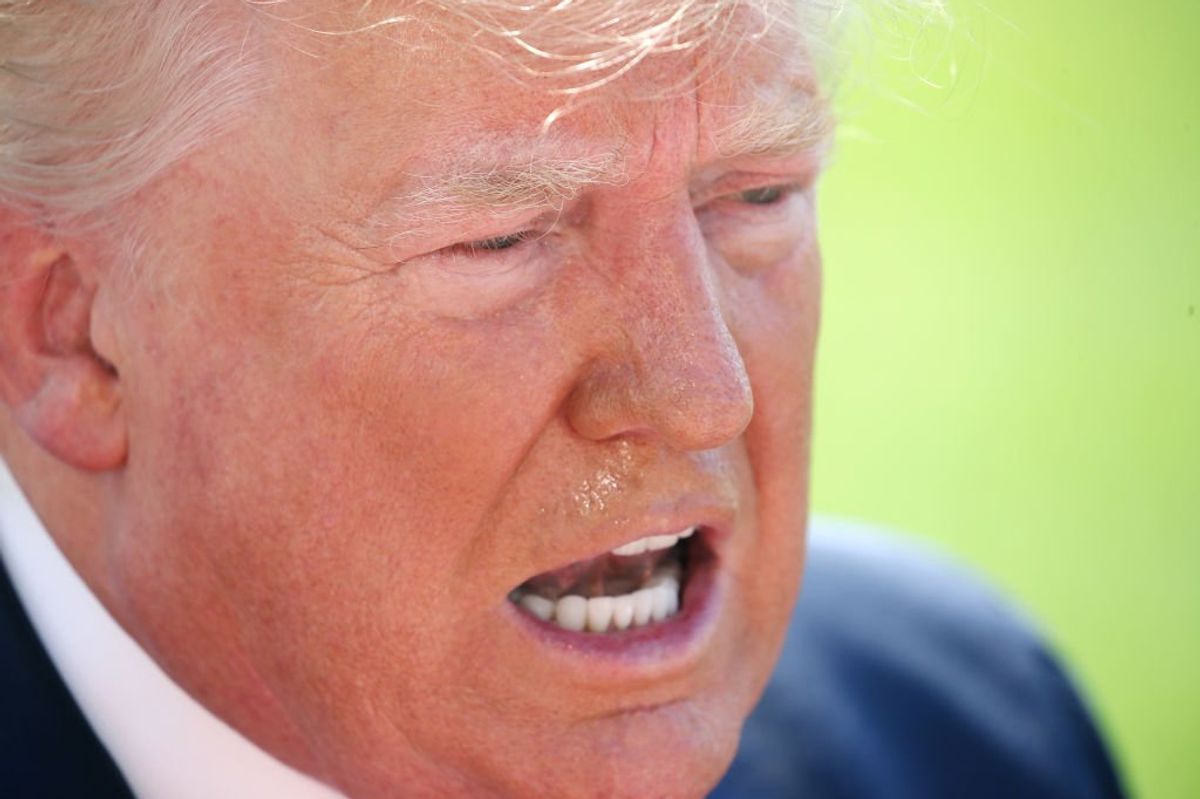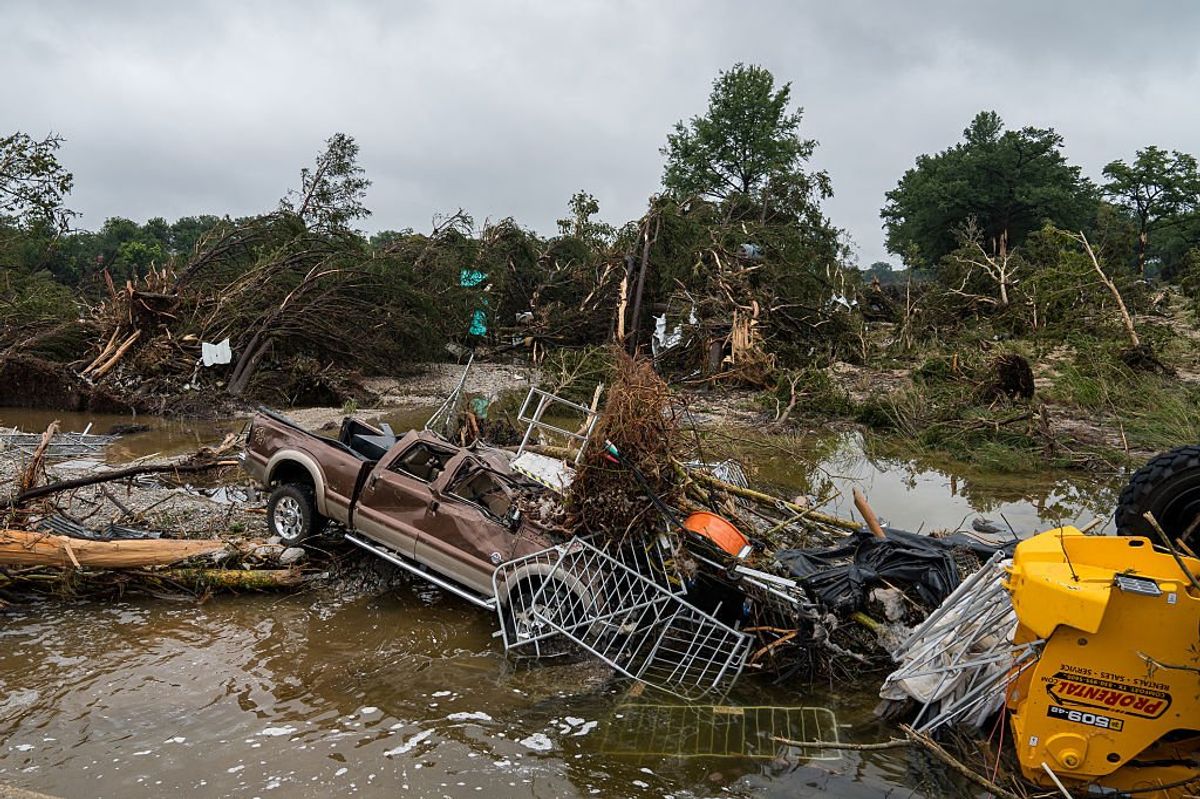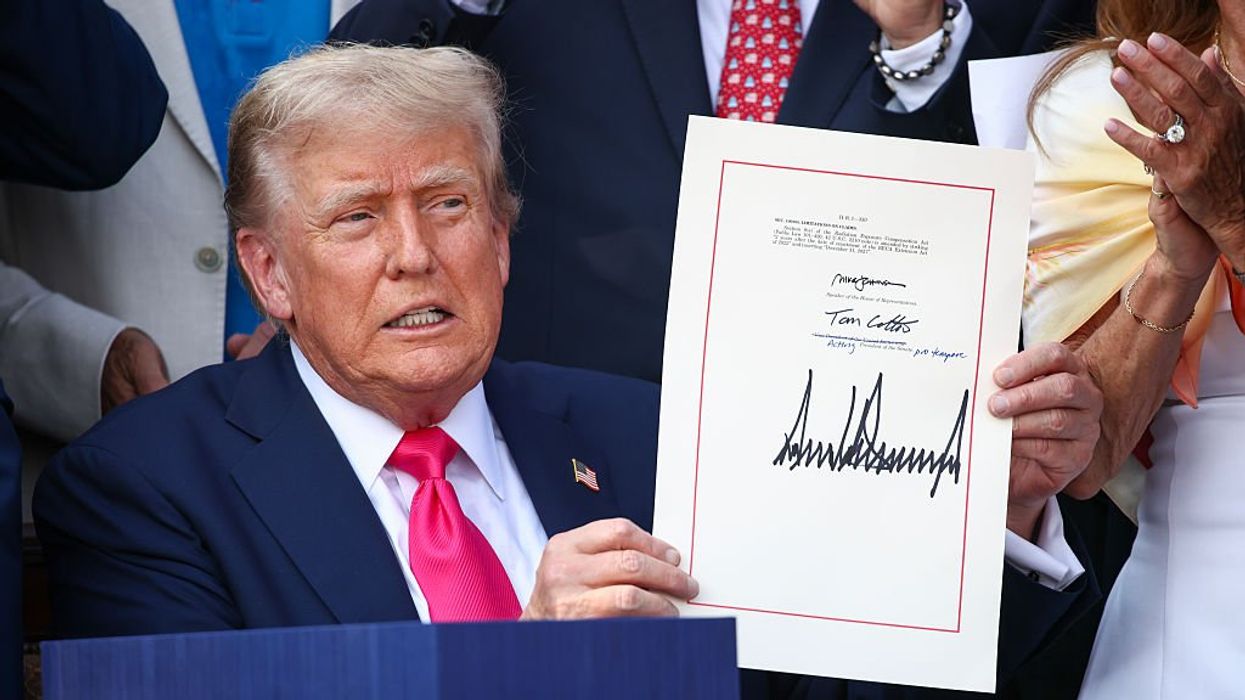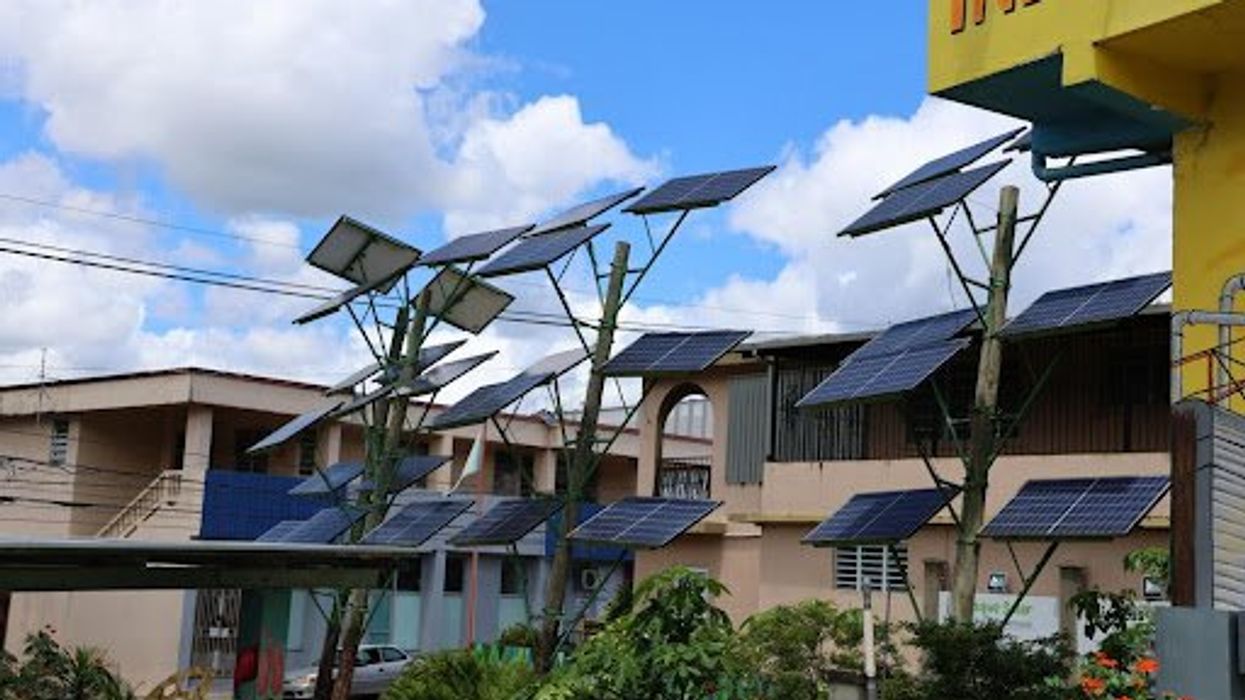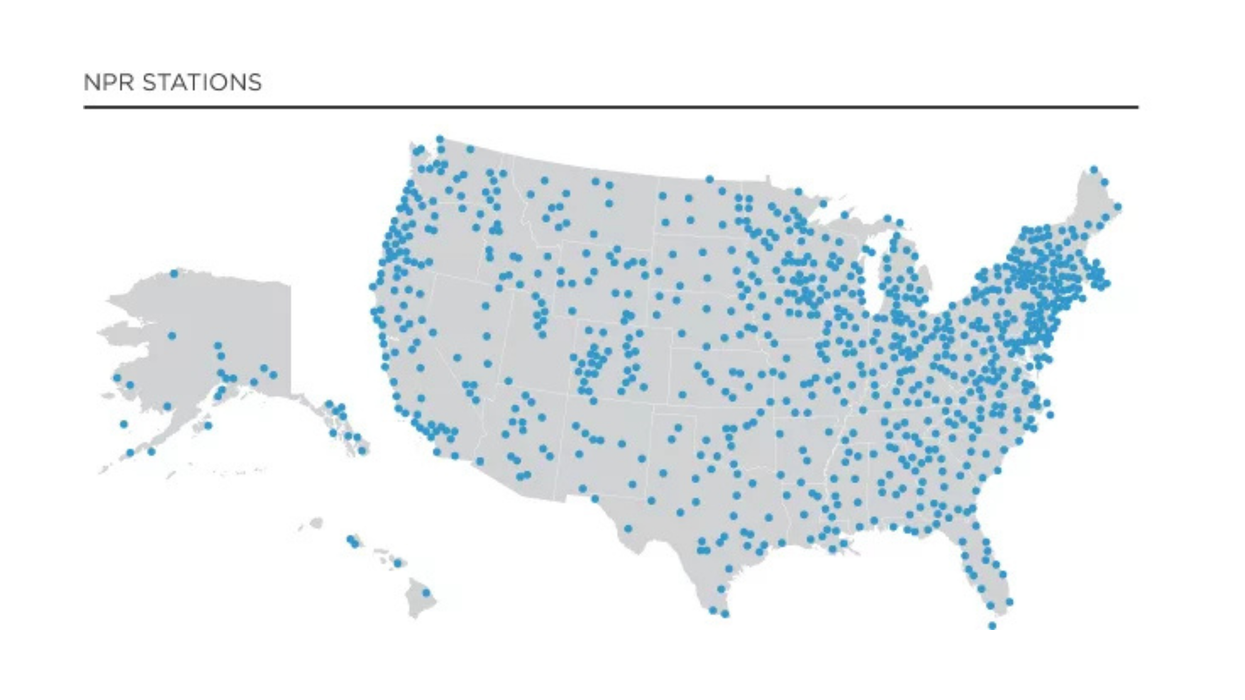Meeker is a fellow working on the Connecting to Congress project at Ohio State University's Institute for Democratic Engagement and Accountability.
I worked for a member of Congress from 2016 to last year and saw a lot of town halls in that time. The constituent questions in those days — the before times — usually fell into predictable patterns. But when I started working on a new form of virtual and deliberative town halls during the coronavirus pandemic, I was startled to hear an entirely different kind of question.
"What should you do if you are ill and it is not Covid-19?" a person in Oklahoma asked in April. "Is it safe to go to any emergency room?" In California in August, it was: "What is the best type of mask we should wear?" In Massachusetts in October, one teacher asked what she should do to protect her students if the windows in her building didn't open.
The questions weren't just about public safety, but also economic survival: In April, a small-business owner in Florida asked, "My bank has not submitted the application to the SBA. What options do I have now that there is no money left?" And from countless constituents, over the entire summer: I'm having trouble reaching my state's unemployment office. What do I do?
For all Congress' abysmal approval ratings, constituents still go to their own House members for information they can trust. Our town halls have been a perfect example of this: Understanding the confusion over rapidly changing guidance, members showed up to provide trusted and nonpartisan information. And, central to our research, it has not been just one-way: Our town halls have been two-way streets, with members both pushing out helpful information and taking in helpful feedback and direction from their constituents.
Our work during the pandemic shows Congress can and should play a vital role in making sure the country gets necessary information in a crisis. As a report from the Congressional Management Foundation noted recently, in this type of emergency our House members and senators may be the only reliable conduit of information from the federal government to state and local officials.
However, these members remain captive to a technology ecosystem that requires them to stretch limited budgets to do even basic outreach and event work.
Let's look at some barriers Congress faces to fulfilling its role. A good town hall requires both good outreach, to reach a broad group of constituents, and good logistics, to ensure the event is worth attending and no one gets turned away by a technical mistake.
A House member's annual budget is about $1.4 million. That money has to cover staff salaries, rent for office space in their districts, operations, outreach, equipment and services including technology.
No one hands new members lists of their constituents' names and addresses. Those must be purchased, usually from the same company that sells software to handle constituent mail, casework and more. And there are only a handful of approved vendors, driving up the cost. And what's for sale are lists only of registered voters — at best, about three-quarters of each member's 700,000 or so constituents.
In addition, the vendors charge several thousand dollars to stage virtual meetings with constituents — so-called tele-town-halls. The district where I used to work had 38 cities and towns. The cost of holding a virtual town hall in each would easily top $150,000 — or (looking at congressional averages) about three full-time caseworkers.
And, aside from a few clunky live poll options, these platforms are not set up for real discussions between members and constituents. The technology dictates minimal two-way interaction, and our data show that does not enhance voters' long-term trust in their House members.
All this means holding a town hall is a choice with big tradeoffs — when it should be an expected matter of national service.
The House's Select Committee on the Modernization of Congress this year made several recommendations for improving constituent communication and modernizing technology. Based on our experience hosting town halls during the pandemic, we would add four ways to improve tele-town-halls:
Money. Set aside money for each member to run accessible town halls, separate from the regular member budget. (Members wishing to do more or more specialized town halls could use their regular budgets.) To encourage more nonpartisan events and bipartisan collaboration, provide extra money for bipartisan town halls with members of both parties.
Mail. Standardize and subsidize the constituent contact information members have access to, including an opt-in system for Postal Service residential information that goes beyond voter files.
Tech. Improve House technology so members have expanded options for tele-town-halls. The proliferation of videoconferencing software during Covid makes us optimistic that more flexible, agile and deliberative systems can be put to work.
Training. Improve education for the House on new models and best practices for town halls.
Members across the country are pushing the envelope for what is possible with a deliberative, congressional town hall. We applaud these efforts, and hope that the House will continue to support its own evolution into the 21st century.
